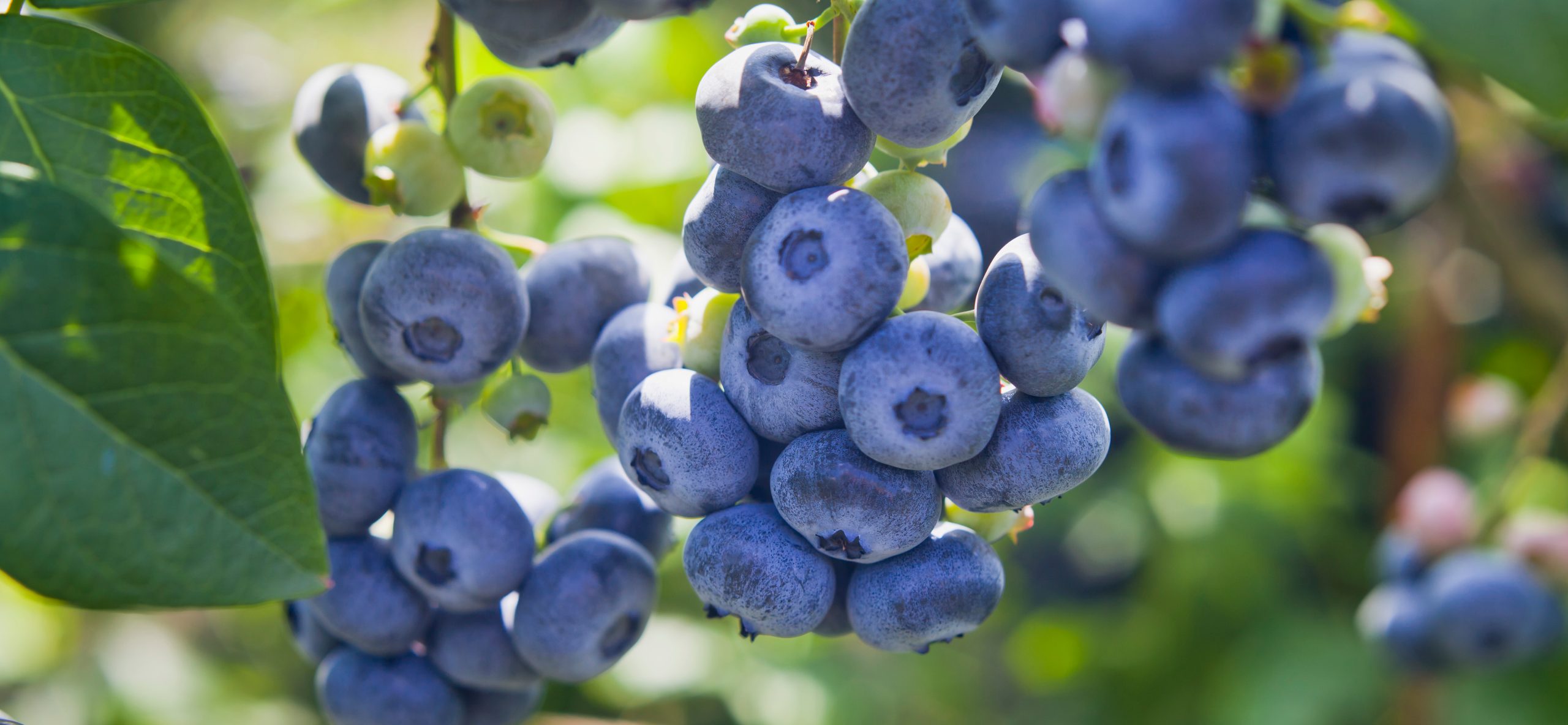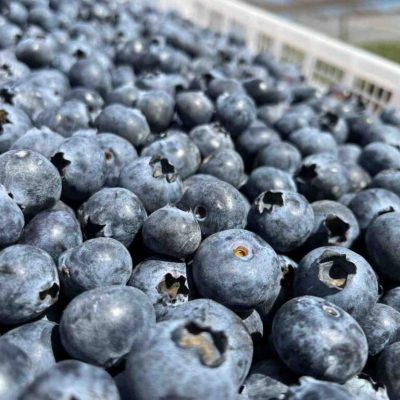BC Blueberries of Canada heads to Dubai to explore new international markets
If Canadians consume roughly half of the 48 million kilograms of blueberries that British Columbia produces each year, who eats the rest? Those countries importing B.C.’s blueberries include the United States, the United Kingdom, Japan, China, Korea and India, but through the government-supported trade marketing program, the BC Blueberry Council is hoping to add a few more countries to that list.
Blueberries are already Canada’s most exported fruit, but there exists the opportunity to send even more of the little blue antioxidant powerhouses overseas. Next month, the BC Blueberry Council will head to Dubai for the first time to attend Gulfood, the world’s largest food and beverage industry trade show. Spanning five days, February 23 – 27, Gulfood attracts nearly 80,000 trade-only buyers from around the world, with a strong representation from the Middle East region, Europe and parts of Asia. The council will exhibit as part of the AgriFood Canada pavilion.
“Increased blueberry plantings in B.C. means a bigger harvest each year, and so it’s essential that we source new markets for our berries,” said Debbie Etsell, the BC Blueberry Council’s Executive Director. “In addition to our domestic marketing program, we head to Japan, China, the US and Europe each year, and the high-quality of our fruit has given us a strong foothold in those markets. This is the first time that we’ve been to Gulfood, and we think this could be a fantastic opportunity to develop relationships with new customers that previously haven’t had the chance to try B.C.’s blueberries.”
While many people will automatically think of the fresh fruit when there’s mention of blueberries, approximately half of each year’s crop heads to processors, who freeze, dry, juice or purée the berries, making them available both locally and to international markets year-round. It’s in these other formats that significant opportunity exists to ship B.C.’s naturally sweet blueberries into these markets, and the format often depends on the country’s own culinary traditions. “We know that dried blueberries are a popular offering in the Middle East as they consume a lot of dried fruits. And we’re finding that frozen blueberries are popular in hot climates where they make a lot of frozen drinks and desserts,” said Etsell.
The BC Blueberry Council works closely with government trade offices at both a provincial and federal level, making the most of opportunities to take part in trade missions, delegations and shows such as Gulfood. Other international missions planned for 2014 include FoodEx in Japan, Fruit Logistica in Europe, and Fruit Logistica Asia in Hong Kong.
BC Blueberry Council






